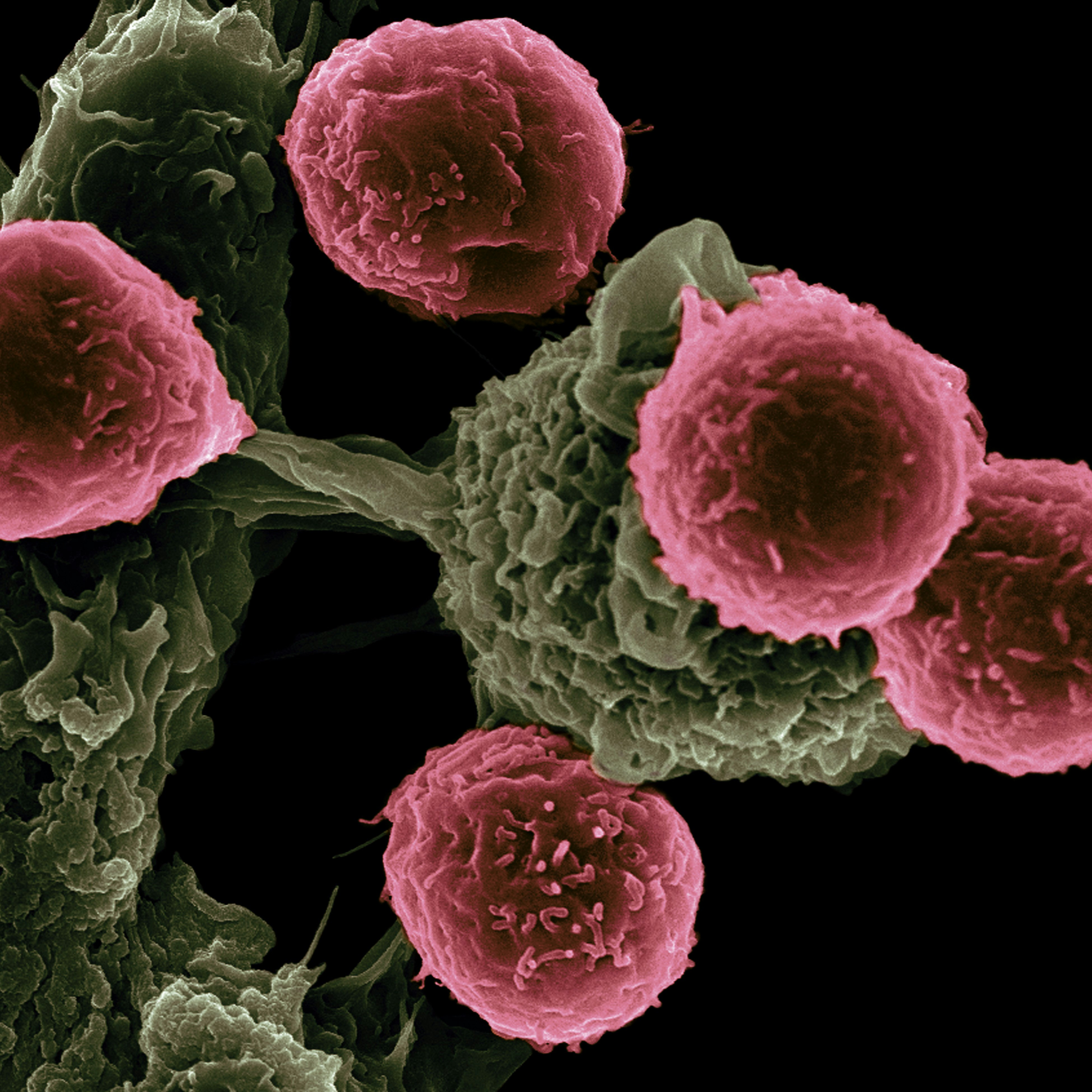Introduction
In an era defined by technological leaps, the healthcare sector is not exempt from the sweeping changes brought about by cutting-edge innovations. This article delves into the intricacies of the "cost of technology in healthcare," examining its profound effects on patient care, industry dynamics, and the challenges it presents.
he Evolution of Healthcare Tech
The journey of healthcare technology is a testament to human ingenuity. From basic electronic health records to sophisticated robotic surgeries, the evolution has been remarkable.
AI and Machine Learning in Diagnostics
AI-driven diagnostics have revolutionized healthcare, providing quicker and more accurate assessments. Machine learning algorithms analyze vast datasets, aiding clinicians in early disease detection.IoT: Connecting Healthcare Ecosystems
The Internet of Things (IoT) seamlessly integrates devices and systems, promoting data exchange. In healthcare, it enhances patient monitoring, medication adherence, and overall operational efficiency.
Telemedicine: Bridging Distances
Telemedicine transcends geographical barriers, ensuring patients receive expert care remotely. The cost-effectiveness of virtual consultations is reshaping traditional healthcare delivery.
The Economic Landscape
Balancing Act: Affordability vs. Innovation
As technology advances, the industry grapples with the challenge of balancing innovation with affordability. Striking this equilibrium is crucial for widespread adoption.
Government Initiatives and Funding
Governments globally are recognizing the transformative potential of healthcare technology. Investments and policies are pivotal in propelling the sector forward.
Challenges in Implementation
Resistance to Change: A Human Quandary
Despite the benefits, resistance to technological adoption persists. Addressing concerns and fostering a culture of adaptability are critical for successful implementation.
Cybersecurity Concerns
The interconnected nature of healthcare systems raises cybersecurity challenges. Robust measures are essential to safeguard patient data and maintain trust.
Improving Patient Care
Precision Medicine: Tailoring Treatments
Costly but transformative, precision medicine tailors treatments to individual characteristics. This approach enhances efficacy, minimizing adverse effects.
Remote Patient Monitoring
Technology allows real-time monitoring of patients, reducing hospital visits. This not only enhances convenience but also leads to proactive and personalized care.
Enhanced Communication Channels
Efficient communication among healthcare professionals, facilitated by technology, results in quicker decision-making and improved patient outcomes.
Streamlining Administrative Processes
Automation of administrative tasks reduces manual errors and streamlines processes, contributing to operational efficiency.
Cost of Technology in Healthcare: A Breakdown
Infrastructure Investments
Hospitals and healthcare providers face substantial upfront costs in acquiring and maintaining cutting-edge infrastructure.
Training and Education Expenses
Ensuring healthcare professionals are adept with new technologies requires significant investment in training and education programs.
Maintenance and Upkeep
Regular updates, security patches, and equipment maintenance contribute to the ongoing costs associated with healthcare technology.
FAQs About the Cost of Technology in Healthcare
Overcoming Resistance to Technological Adoption?
Addressing concerns through transparent communication, highlighting benefits, and providing comprehensive training can overcome resistance.
How Are Cybersecurity Threats Mitigated?
Implementation of robust cybersecurity measures, regular audits, and staff training are essential in mitigating cybersecurity threats.
Impact of Technology on Healthcare Costs?
While initial costs may seem high, technology contributes to long-term cost savings through improved efficiency, reduced errors, and better patient outcomes.
Government's Role in Technological Advancements?
Governments play a crucial role through funding, policy-making, and creating an environment conducive to technological innovation in healthcare.
How Does Precision Medicine Work?
Precision medicine involves tailoring treatments based on individual genetic, environmental, and lifestyle factors for personalized and effective care.
Future Trends in Healthcare Technology?
Anticipated trends include increased use of AI, expanded telehealth services, and advancements in wearable technologies for comprehensive healthcare monitoring.
Conclusion
Embracing the Future: Navigating the Costs
In conclusion, the cost of technology in healthcare is a multifaceted aspect that demands attention and strategic planning. Despite challenges, the benefits in terms of improved patient care, operational efficiency, and the potential for groundbreaking discoveries make it a worthwhile investment. As technology continues to evolve, the healthcare industry must adapt to harness its full potential while navigating the associated costs.



















